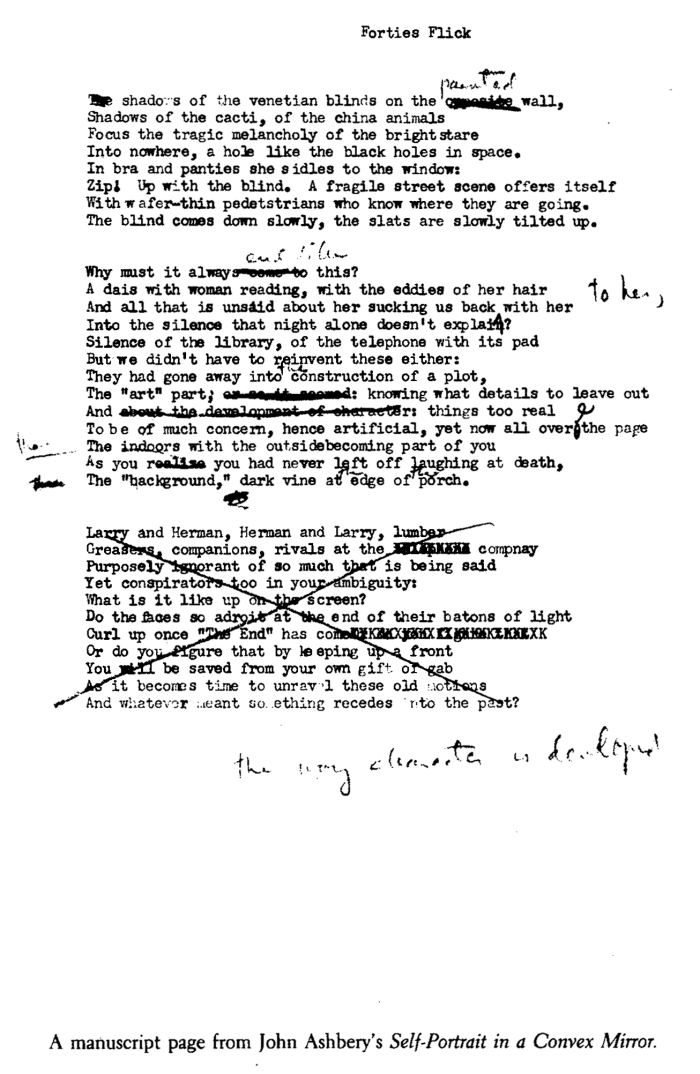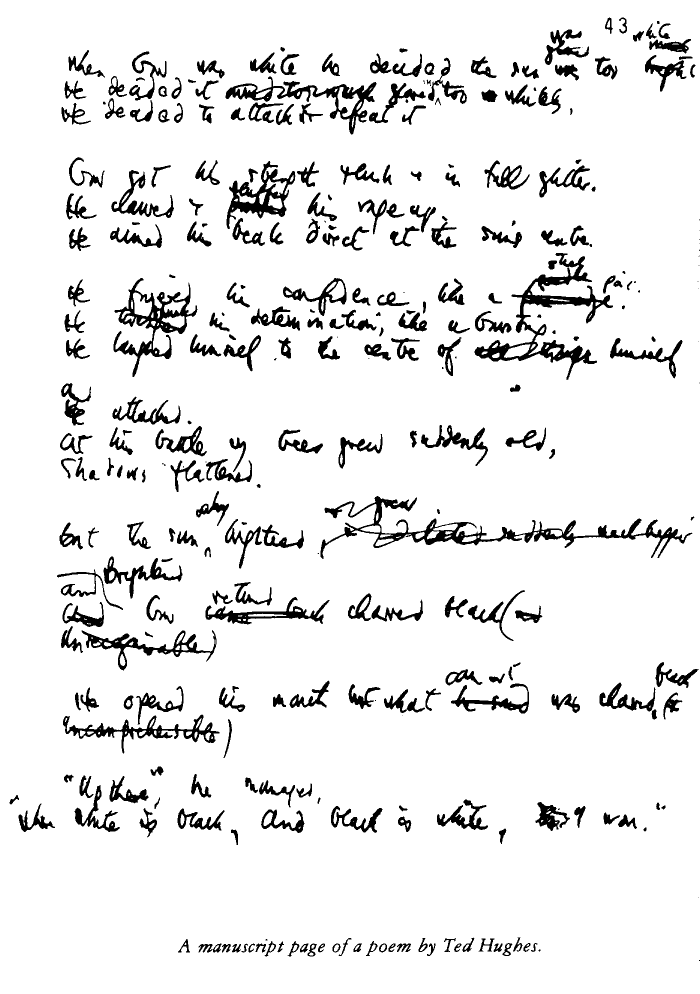40 Sonnets review – the perfect vehicle for Don Paterson’s craft and lyricism
The poet tugs and stretches a demanding form to its limit in work of vividness and potency
Sarah Crown
Saturday 26 September 2015
D
on Paterson has a thing for sonnets. Back in 1999 he brought out an anthology of 101 of his favourites, and in 2012 he delved deeper into their history with Reading Shakespeare’s Sonnets, a passionate, personal response to the great man’s form-defining sequence. Nor has he confined himself to curation and criticism: in 2006, he produced a warm, responsive reworking of Rilke’s 55-sonnet cycle, Orpheus, while his original collections are punctuated by his own efforts, some of which (such as Landing Light’s superlative “Waking with Russell”) count among his finest poems. “The square of the sonnet exists for reasons which are almost all direct consequences of natural law … and the grain and structure of the language itself,” he said, attempting to explain the form’s abiding appeal – and his own fascination with it – in an article in this newspaper. “Or to put it another way: if human poetic speech is breath and language is soapy water, sonnets are just the bubbles you get.”






















